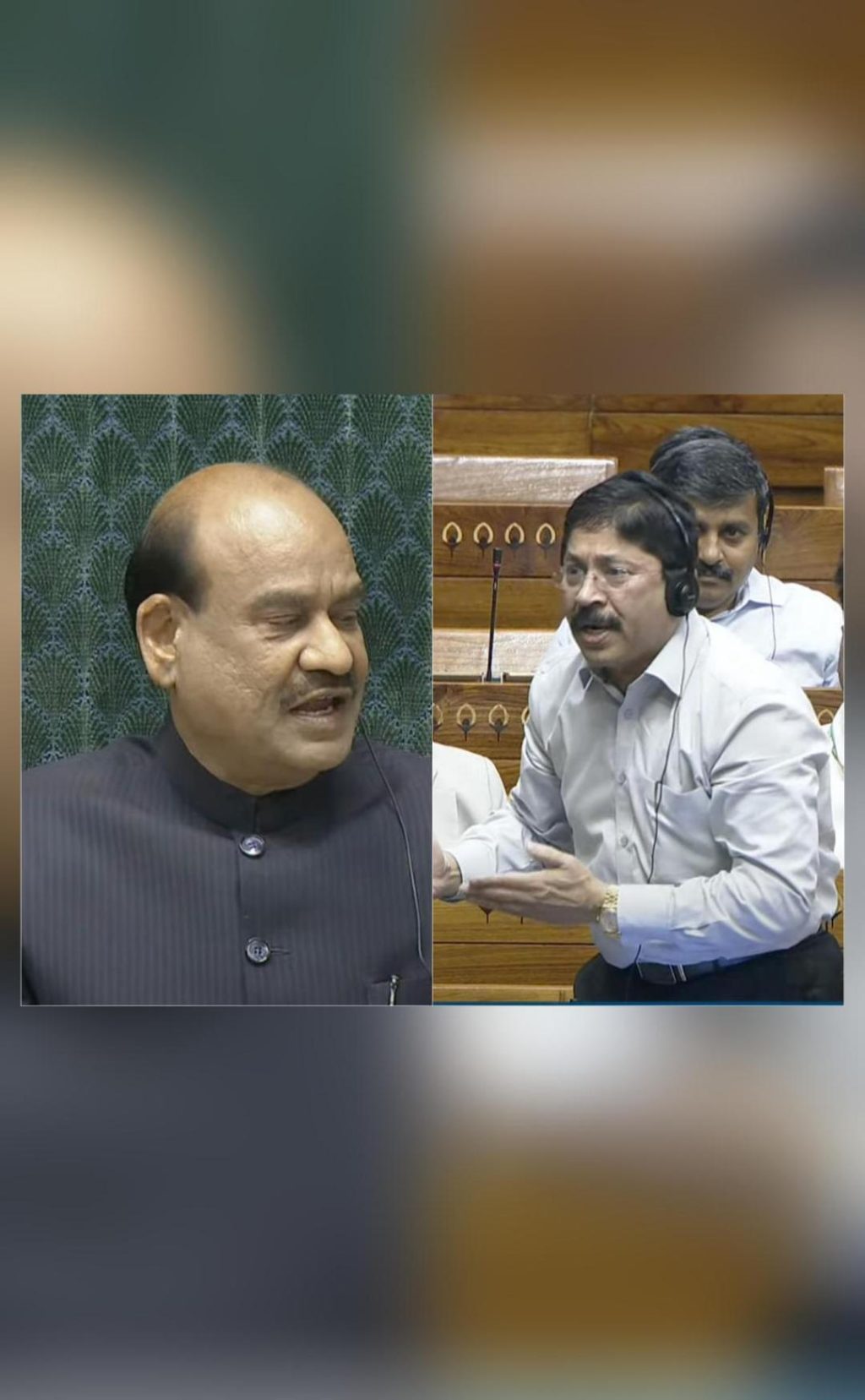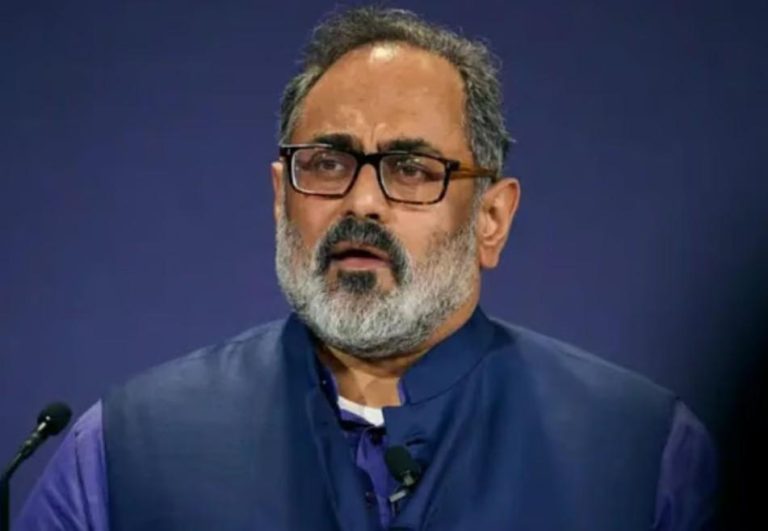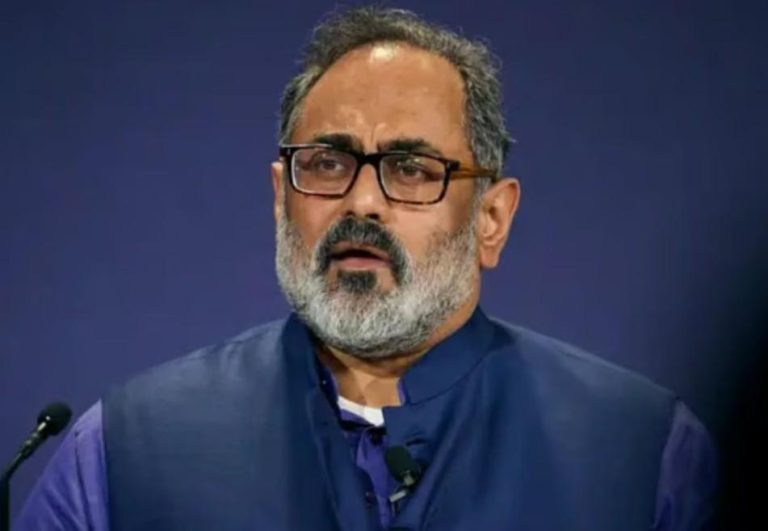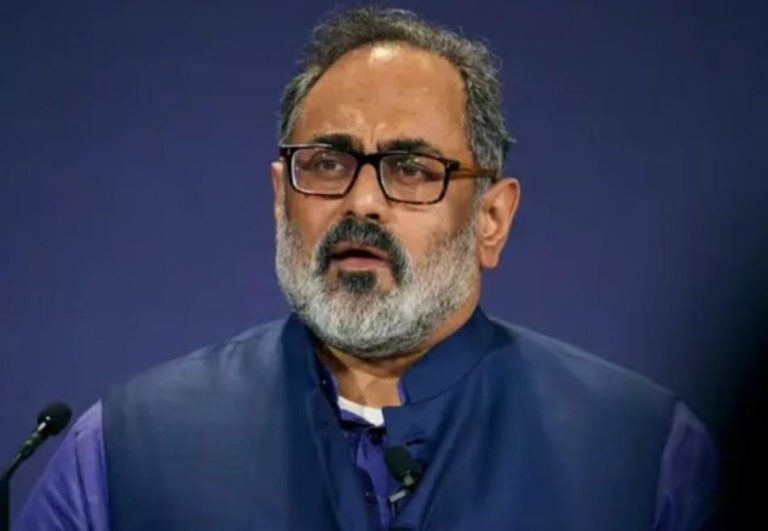
In which country you’re living: Birla on MP’s ‘wasting money’ remark
The recent controversy surrounding the extension of translation services to six new languages, including Sanskrit, in the Indian Parliament has sparked a heated debate among politicians and linguists alike. At the center of the controversy is DMK MP Dayanidhi Maran, who objected to the move, claiming that it was a waste of taxpayers’ money. However, Lok Sabha Speaker Om Birla’s response to Maran’s concerns has left many wondering about the state of linguistic tolerance and ideological biases in the country.
During a recent parliamentary session, Maran expressed his disapproval of the decision to provide translation services in Sanskrit, among other languages. “Why are you wasting taxpayers’ money on a language which is not even communicable?” he asked. “Why should taxpayers’ money be wasted because of your RSS ideology?” Maran’s comments were met with outrage from many, including Birla, who responded with a question that has since gone viral: “In which country are you living?”
Birla’s response was a clear indication that he was taken aback by Maran’s remarks. Sanskrit, as an ancient Indian language, is an integral part of the country’s cultural heritage. It is not only a sacred language in Hinduism but also a language that has contributed significantly to the development of Indian philosophy, literature, and science. Moreover, Sanskrit is an official language of the Indian government and is taught in many educational institutions across the country.
Maran’s objections to the extension of translation services in Sanskrit are not only misplaced but also demonstrate a lack of understanding about the significance of the language in Indian culture. Sanskrit is not a language that is only spoken by a select few; it is a language that has been used for centuries to communicate complex ideas and philosophical concepts. Moreover, it is a language that has been adopted by many other languages, including Hindi, Bengali, and Punjabi, and is an important part of India’s linguistic diversity.
It is also worth noting that Maran’s comments were not only directed at Sanskrit but also at the RSS, a Hindu nationalist organization that has been a target of criticism from many in India. Maran’s remarks suggest that he views the extension of translation services in Sanskrit as a ploy by the RSS to promote its ideology. However, this is a gross oversimplification of the issue. The decision to provide translation services in Sanskrit is a linguistic and cultural decision that has nothing to do with ideology.
Birla’s response to Maran’s comments highlights the importance of linguistic tolerance and respect for India’s cultural heritage. As the Speaker of the Lok Sabha, Birla has a responsibility to ensure that all languages and cultures are respected and valued in the country. By asking Maran “In which country are you living?”, Birla was implying that Maran was not aware of the significance of Sanskrit in Indian culture and was not living in a country where linguistic diversity is celebrated.
The controversy surrounding the extension of translation services in Sanskrit is not just about a language; it is about the values that we want to promote in our society. It is about whether we want to recognize and respect the cultural heritage of our country, or whether we want to erase it. It is about whether we want to promote linguistic diversity and inclusivity, or whether we want to impose a particular ideology on the country.
As a country, we need to recognize the importance of linguistic diversity and respect for all languages, including Sanskrit. We need to recognize that languages are not just means of communication but are also a reflection of our cultural heritage and identity. We need to promote linguistic tolerance and respect for all languages, rather than trying to impose a particular ideology on the country.
In conclusion, Birla’s response to Maran’s comments highlights the importance of linguistic tolerance and respect for India’s cultural heritage. The controversy surrounding the extension of translation services in Sanskrit is not just about a language; it is about the values that we want to promote in our society. It is about whether we want to recognize and respect the cultural heritage of our country, or whether we want to erase it. As a country, we need to recognize the importance of linguistic diversity and respect for all languages, including Sanskrit.
Source:
https://youtu.be/9iRelkN2LEw




